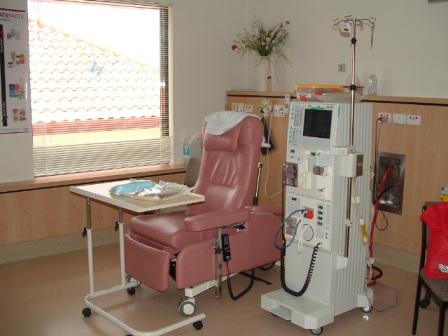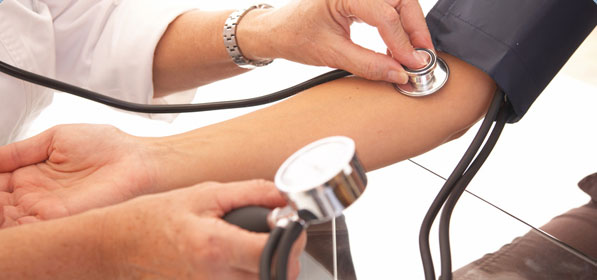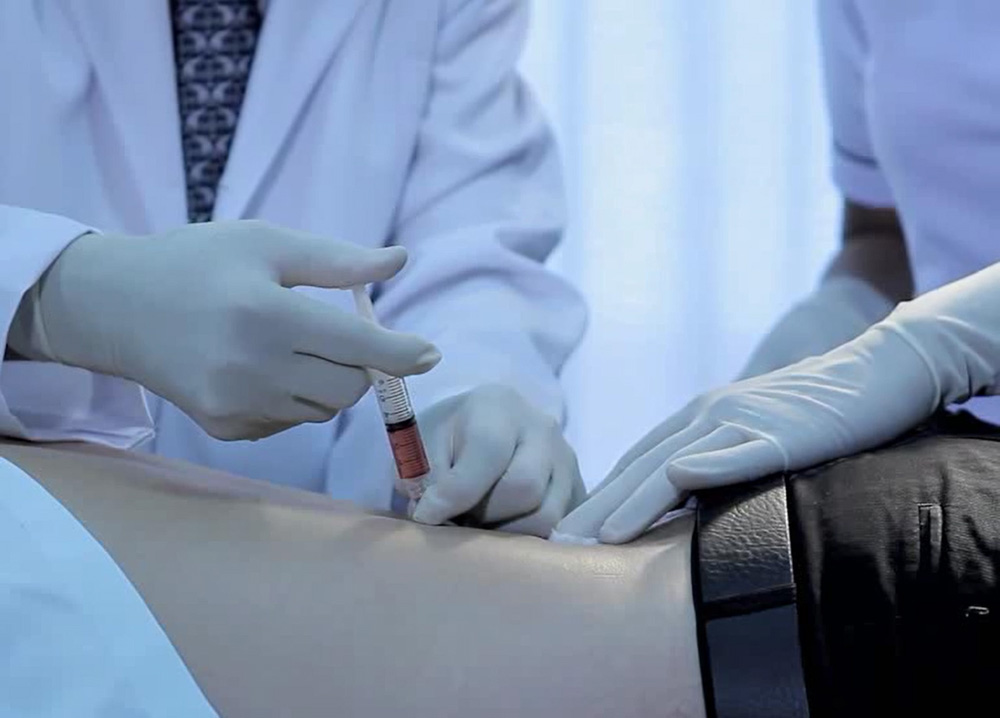Function of Kidney:
i Balancing levels of electrolytes in the body
ii Excrete waste products of body metabolism (urea, uric acid, BUN, creatinine)
iii Kidneys are the source of erythropoietin in the body (a hormone stimulate the bone marrow to make RBC)
iv Filtering the blood
v Controlling blood pressure
Renal disease is a chronic silent killer. In the early stage, kidney failure may be asymptomatic. As kidney function decrease (ability to regulate water, electrolyte balance, unable to clear waste products from the body, fail to promote red blood cell production), then symptoms start to appear.
eg. 1) Lethargy , weakness, shortness of breath, generalized swelling
2) Metabolic disorder: Increase acidity of the body; alter enzyme & oxygen metabolism, causing organ failure
3) Inability to excrete potassium; potassium increase in serum
4) Rising of urea level in the blood, (uremia) – affect brain, (encephalopathy) heart (pericarditis), muscle (hypocalcemia) decrease muscle function.
5) Anemia, loss of appetite, lethargy, fatigue
6) Mental function decrease to coma
7) Congestive heart failure (fluid deposite in the lung) --- cause rapid breathing
8) Increase blood pressure.
 |
 |
Renal Dialysis
Hemodialysis (Artificial Kidney) is the most common method used to treat advanced and permanent renal failure. In recent years, more compact & advanced dialysis machines have made over 80% of patients survive more than 5 years.
Artificial kidney (Hemodialysis) replaced our kidney to remove metabolic waste from the body and it is also a machine for excreting urine.
Renal dialysis beside removes metabolic waste products, it also excretes a lot of valuable nutrients & enzymes & factors as well. Therefore Artificial Kidney can not 100% replace human kidney.
|
Long term dialysis may cause serious complications:-
1) Severe anemia
Artificial kidney does not contain erythropoietin (hormone that stimulate
the bone marrow to produce Red Blood Cells) to help in the production
of RBC.
2) Increase blood urea & creatinine level
Protein consumption must consume in limited quantities. If consume
in excess, the formation of metabolic waste products will beyong the
capacity of Artificial Kidney excretion, then urea & creatinine levels will
be raised in the blood. If protein consume not enough (deficit), this will
induce nutritional metabolic disorder (deficit of amino acid) & worsen
the anemic condition.
|
 |
3) Hyperlipidemia & arteriosclerosis
Due to increase in lipoprotein (LDL)
4) Hyperkaliumia, congestive myocardial insufficiency
Due to increase of potassium level in the blood
5) Hypotension
Due to autonomous nervous system impairment
6) Decrease immunity
Poor resistance against bacteria & viruses infection. Easily catching cold.
|
Once the kidney functions fail completely, the treatment options are limited to dialysis or kidney transplantation.
Diet is an important consideration for those with impaired kidney function or on hemodialysis.
HES Cell polypeptides growth factors is an essential nutrients for the activity and metabolism of our cells and also the supporter of life. It does not produce waste products (urea & creatinine). It is safe & effective for all the patients suffering from renal diseases or on renal dialysis. HES Cell help patients to strengthen their immunity correct anemia & improve general condition, so as to avoid future complications arise from long term dialysis and renal failure. Prevention is always the goal with kidney failure.
|
 |